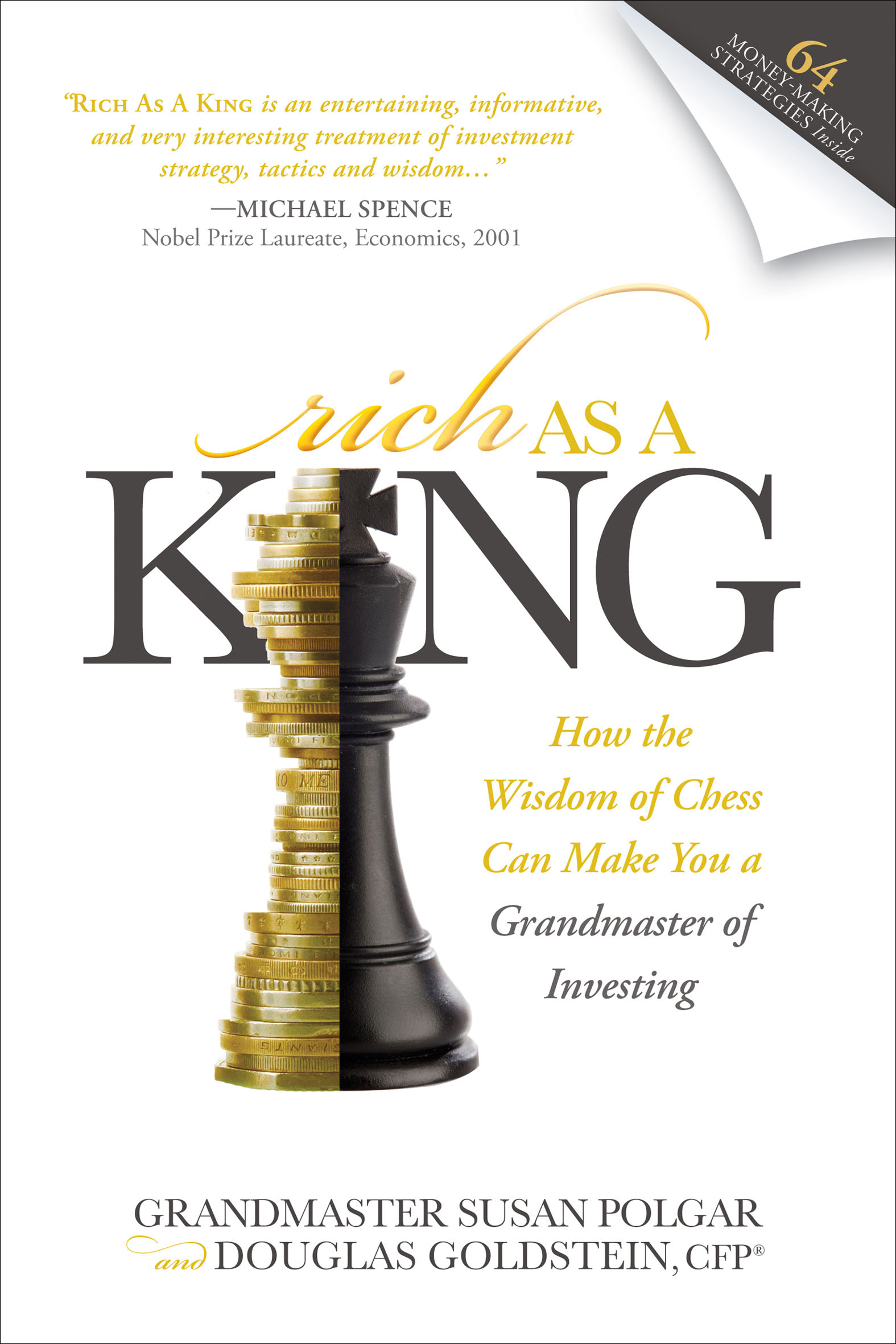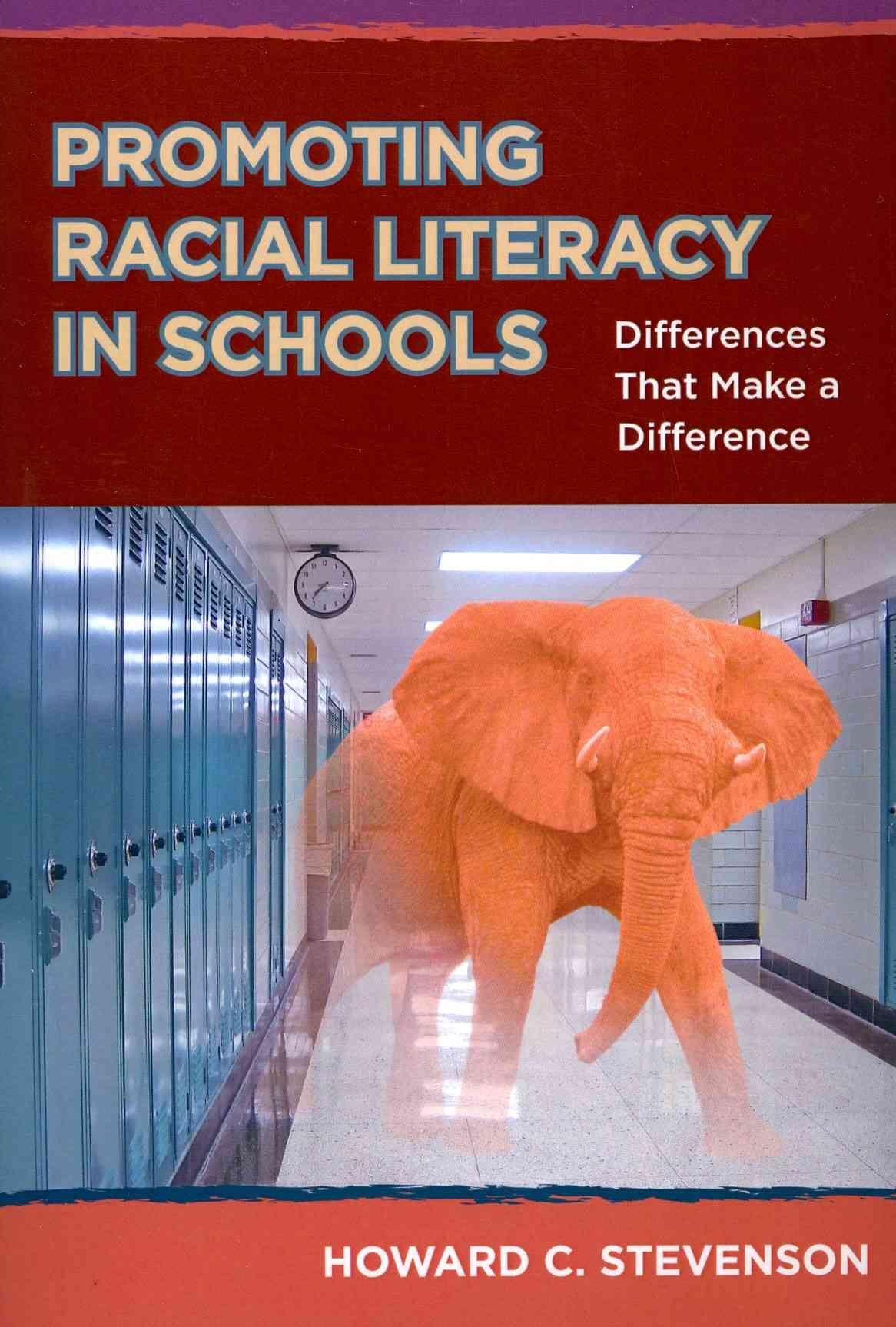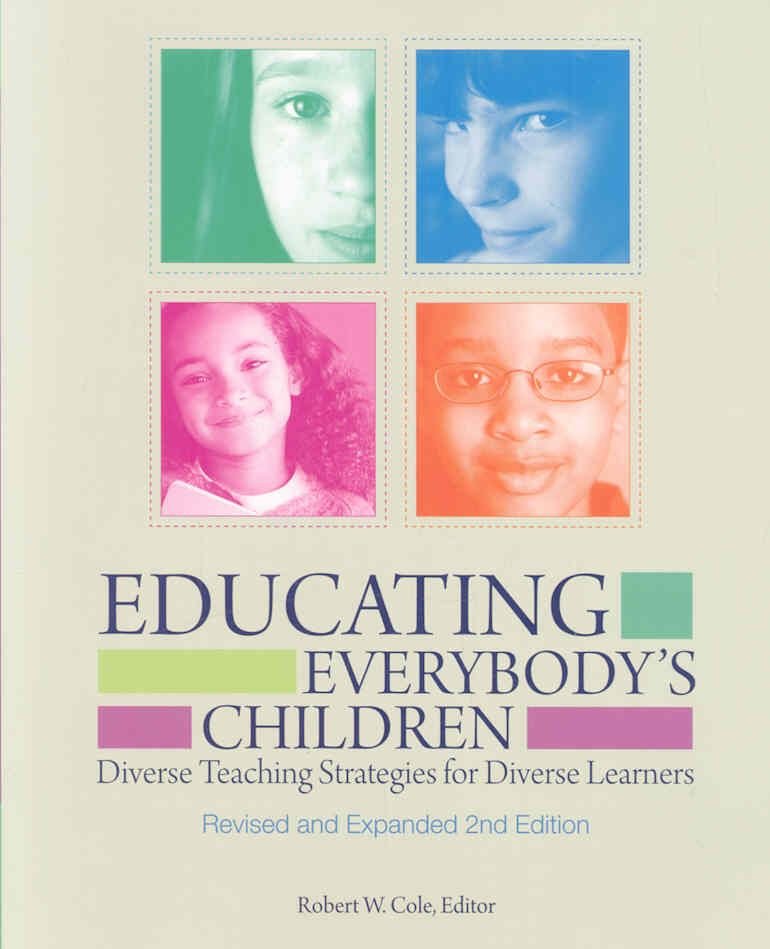Moving the academic debate on from its current focus on development to a more nuanced sociological perspective, this fresh research is a collaboration between academics in South Korea and Germany that assesses the factors shaping world-class universities as institutional social systems as well as national cultural treasures. The work explores in detail how WCUs have moved to a central position in policy circles, and how these often ambitious government policies on WCUs have been interpreted and adopted by university administrators and individual professors. The authors provide a wealth of empirical data on universities, both world-class and aiming for WCU status, in a range of polities and continents. They compare strategies for developing WCUs in countries of the East and the West, both developing and developed. Nations featured in the statistical purview include nine countries (Germany, France, Japan, South Korea, China, Taiwan, Malaysia, Singapore and Hong Kong SAR). The volume goes further than merely taking a snapshot of the current situation, offering detailed and considered strategies and rationales for institutionalizing and developing WCUs, particularly in Asian countries where Confucian cultural influences accord education the highest priority.












